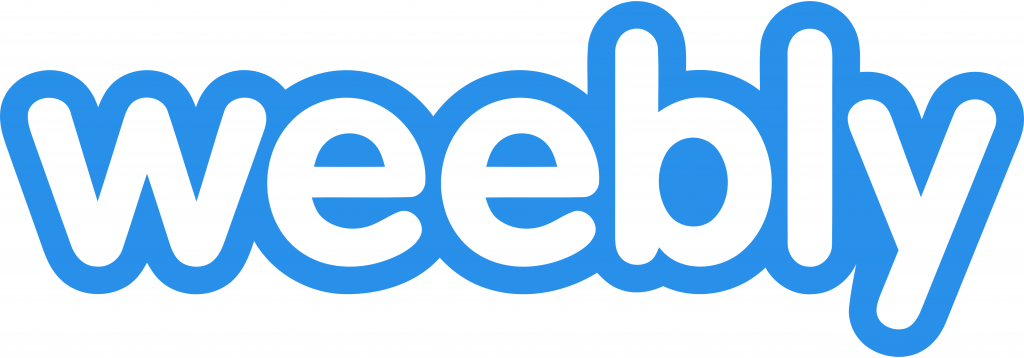You’ve got something to say; now all you need is a platform where you can say it. Whether you communicate personally or have a business, once you’ve decided to put your thoughts out there, blogging is probably for you.
There are any numbers of ways to start a blog. Surprisingly some of the best platforms and software are free. We’ll cover ten of the best resources available to you. Their features run the gamut, making it more a question of which one you think is right.

Wix
First on our list is this easy to use platform. You only need to start an account to begin building your site on Wix. The web hosting is free. It’s great for beginners, but also has some advanced features for expansion. Wix gives you five hundred megabytes of free storage and a gigabyte of bandwidth. There is a Wix branded ad that stays on your page. It can be removed if you upgrade to a paid plan. Payment also allows you to have your own domain name, as well as online sales and access to sophisticated analytics.

WordPress
Our second entry is the largest of the bunch. More than a third of internet websites are created with WordPress. There are two versions, both offered by the same company. The first is WordPress.org; the second is WordPress.com. WordPress.org is the more robust of the two. It has huge scalability and lets you build your blog in nearly limitless directions. WordPress.org doesn’t offer web hosting. You also have to pay for a domain name and other features. WordPress.com, on the other hand is more of a good beginner’s service. It hosts your site for you and provides simple tools that any novice can use. WordPress.com gives you a branded domain name, but ends your URL with the platform’s own title. WordPress.com also runs third-party ads on your site. With a paid subscription you can remove the ads, though you can’t display any of your own in the future. You also cannot add ecommerce with WordPress.com. This junior version is meant for individuals and hobbyists. For professional features you have to stick with WordPress.org.

Weebly
Our third entry allows you to blog, and has drag and drop features even simpler to use than its chief competitor, Wix. Weebly lets you sell products and display your portfolio. With the free version you get a Weebly subdomain, five custom pages and five hundred megabytes of storage.
You can have photo galleries, slideshows, and other multimedia with Weebly. With one of the paid plans you can add advanced analytics, your own domain name and paid subscriptions.

Joomla
This is perhaps the only true competitor to WordPress. Joomla allows advanced and robust scalability. It is open sourced and has the tools to build any type of blog you can imagine.
Joomla doesn’t offer you free hosting. You’ll have to pay for that service, as well as buy a domain name on your own. There are hundreds of templates to help you start. You can customize them freely. Joomla is great for large, complex websites, and for blogs that wish to expand widely in the future.

Medium
Medium was founded by the creators of Twitter. It has over sixty million readers monthly, and its database is growing. The site lets you write and expose your work to its huge audience. The drawback is that everything takes place within the Medium domain. You can’t self brand with Joomla. The platform is easy to use, however. You simply sign up, and Medium allows you to start immediately. You blog as though you are publishing articles to Medium’s audience.

Ghost
Like Joomla, Ghost is similar to WordPress The software is free, but you must do your own web hosting and pay for a distinct domain name. The software is feature rich, but the installation requires some technical knowledge. You must know a little about server set-up, and depending upon your web host, you may get into the weeds operationally. Once you’re up and running, the program is easy to use. You can start blogging quickly, and the interface is modern and user-friendly.

Site 123
Of all our entries this software is the easiest to use. It has a simple interface and limited features. Site 123 has a twenty four/seven chat help center. They host your website and are entirely ad driven. Their platform is meant for mostly hobbyists and individuals who want to keep it simple but want their site to be attractively functional.

Substack
Though it isn’t really a blogging platform, Substack has much of the necessary capability. The platform has basic layouts and works through email newsletters, allowing you to reach a large audience. You receive your own unique web space when you sign up. The platform isn’t about creating the world’s most innovative blog. Rather it enables you to build a database quickly, to use Substack for subscriptions and sign up monetization.

Tumblr
This youth oriented platform is know for its attentiveness to pop culture. It develops an audience in a way similar to most social media sites. Long form blogging is its strong suit. It’s easy to customize and brand, but its reputation of servicing youth culture may limit certain topics and subject matter from finding a home with it.

This platform for professionals and business owners is the perfect place for bloggers who want an approach focused on commerce. With more then thirty million businesses actively operating on LinkedIn, it’s a natural draw for people looking to connect for deals and networking. LinkedIn’s tools are easy to use. Some multimedia functions are limited, but the features that exist are perfect for its corporate-minded audience.


